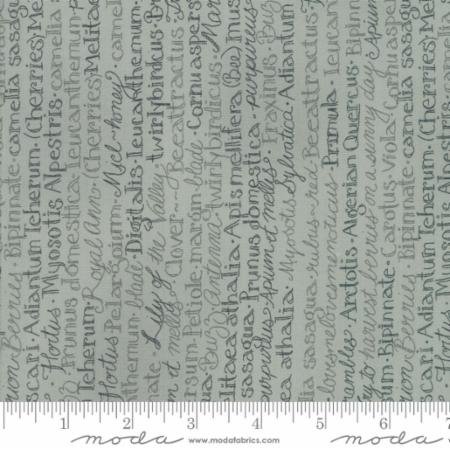

Taking regular time that is restful and life giving is something He wants and expects for His people. At creation, God put a life rhythm into motion when He chose to rest on the 7th day. He brings up the point that only slaves work non-stop, without reward, for someone else. Sabbath should be a natural rhythm of our lives. Comer’s point is that we need to be the best carpenter, plumber, accountant, mother, NOW because we may be using those skills when God renews this earth at His return. Not only that, but (and this is a new thought I hadn’t heard before) our work here will matter when Jesus returns because believers will live and reign on earth with Him. But we were made to work, and to enjoy work, and his point is to find something you love and are passionate about doing, if you can, but whatever you do, to be your BEST at it, because it matters to God. The reason that work is frustrating, depressing, whatever, right now, is because of sin in our world. In the beginning, God made us to work WITH HIM, as partners, to develop His world. We shouldn’t be spending our lives trying to do the least work we can so that we can rest, play, vacation, whatever. Life isnt’ about trying to catch a break, or shouldn’t be. But I had to work to appreciate it, because of my disagreement with the author’s personal beliefs on a few things. I really appreciated what this book had to say about our work, about Sabbath, and about what we choose to do in this life mattering when Jesus returns.

There were comments throughout that seemed insensitive or in bad taste. This is rooted in the modern Western idea of the 'true you' divorced from external influences/factors. Waiting to be found.” (93) The Bible doesn’t call for this kind of introspection (thankfully). All you have to do is dig it out from under the rubble of your fear and insecurity and upbringing and culture and consciousness. Secondly, I don't believe God expects us to extract this kind of information or divine some message that 'this is the one thing you were born to do'. “Get alone, fast, pray, take a retreat, go camping all by yourself, rent a room at a monastery - and listen.” (88) Firstly, this is very middle class. Passages such as Lamentations 3:37–39 and Colossians 1:16–17 could be used to challenge it. I would put it this way: God is involved in your story to the degree that you open up your life to his authorship.” (84) This is a very androcentric view. “I don’t think that everything that happens is from God’s hand. A lot of mention of "following your heart" which I think the language of the Bible challenges. The tune and tone that only you can bring to the table.” (p73) This strikes me as a very modern, western "I'm special" attitude. “Finding your calling is about finding your voice - what cuts over all the din and drone of the other seven-billion-plus people on earth. Discussion of the Fall in relation to work should have come earlier. The whole argument seems naïvely middle class and doesn’t properly take into consideration those who have less opportunity. His arguments seem to be at least partly founded on and fuelled by his own conviction. JMC frequently makes interpretive jumps in his exposition of Bible passages and I find his use of Hebrew questionable at times. “In the same way, when we live and work, not to get what we can from others, but rather to love and serve them, we’re harmonizing with the heart of God himself.” (280) I like this. I loved hearing how JMC spends Sabbath. JMC affirms the dignity in full-time parenting. There are some good principles throughout e.g. The style isn’t for me but what JMC does in writing conversationally he does well. Tl dr - if you’re looking for a good book on biblical work, Revolutionary Work by William Taylor might be a better bet.


 0 kommentar(er)
0 kommentar(er)
